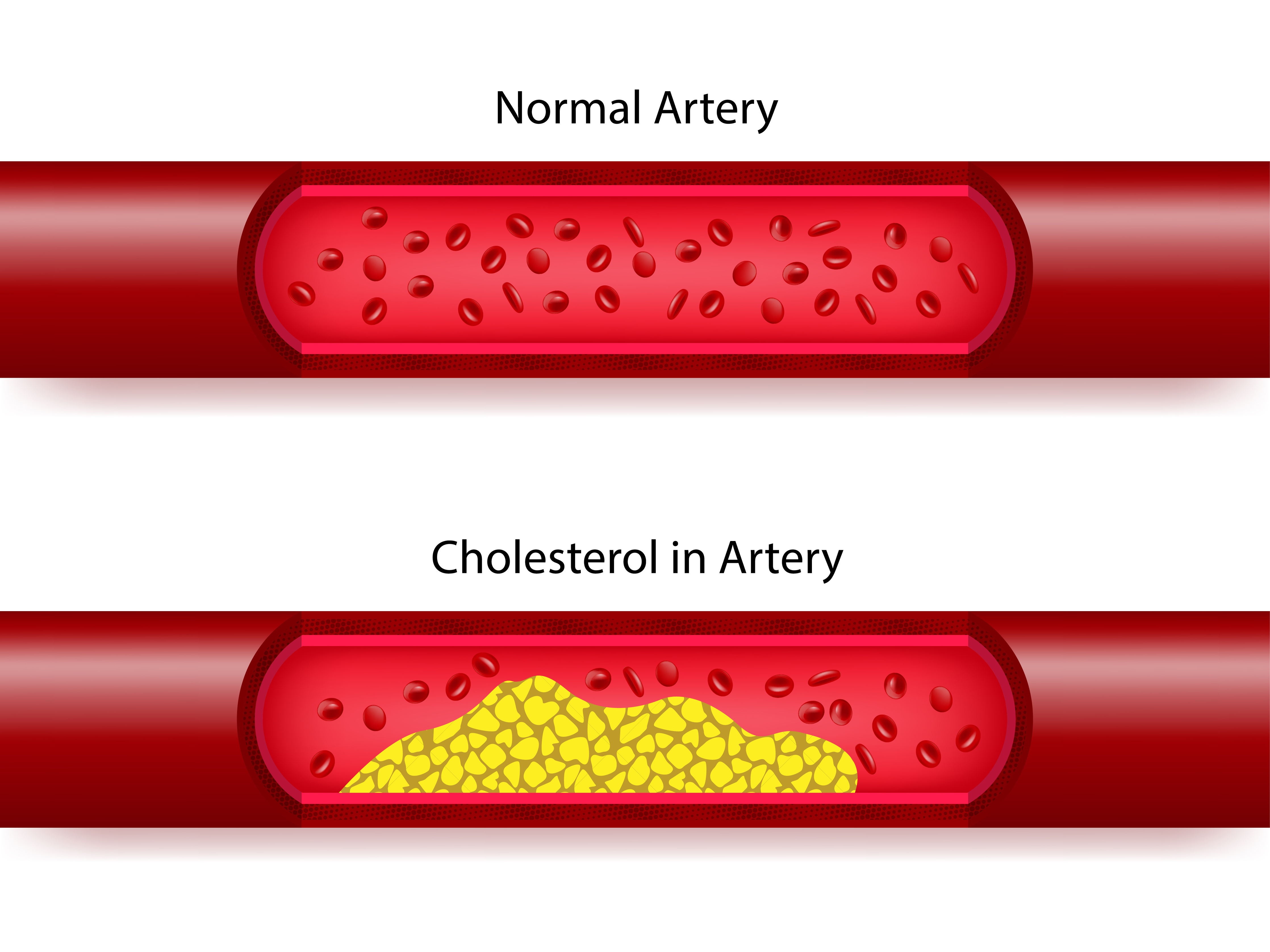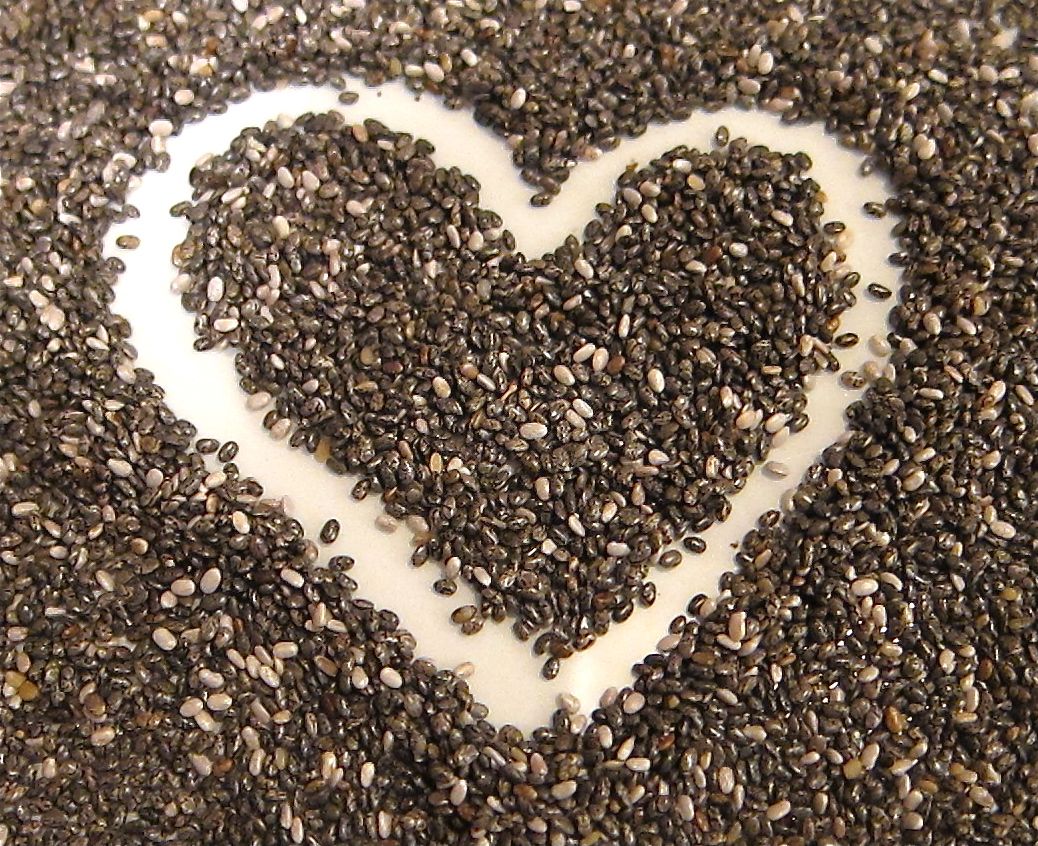In the colder months, maintaining cardiovascular health becomes crucial. Consuming antioxidant-rich winter fruits can significantly contribute to this goal by supporting heart health and reducing the risk of heart disease.
Understanding Cardiovascular Health
Integrative Health Blog
Tags: heart disease, holistic nutrition
Do you have problems with your performance in the boardroom or the bedroom?
Do you have irregular menstrual cycles or infertility concerns?
Are your hands and feet often cold?
Pay attention, as these could be signs of early cardiovascular disease (CVD).
Many people think of CVD in those who have had a heart attack, stroke, high blood pressure or cholesterol problems. And while these are major diseases of the cardiovascular system, it is important to broaden your understanding as YOU may be at risk and need to intervene early.
For example, if you have been diagnosed with erectile dysfunction you have vascular disease in your penis. This is actually an early sign that you likely have blood vessel problems in other organs throughout your body. Memory problems could also be a sign that you have brain vascular disease. Alzheimers is, in fact, considered type 3 diabetes.
For women, irregular menstrual cycles may be the result of a condition called polycystic ovarian syndrome (PCOS) which can contribute to infertility. The pathophysiology of PCOS is insulin resistance which is a major risk factor for CVD.
Your body is brilliant at trying to give you clues that something is going on with your vascular system. It is up to you to pay attention to these early signs to ultimately prevent severe disease from happening.
PREVENTION
Read MoreTurmeric, Curcumin and LDL Cholesterol: Natural Ways to Lower Oxidative Stress
Posted by on Mon, Apr 12, 2021
What is LDL and Why is it Called the "Bad" Cholesterol?
LDL, “bad” cholesterol, or low-density lipoprotein (LDL) gets a bad rap as a risk factor for atherosclerosis and increasing the risks of heart attacks and stroke, which together are the number one cause of death. LDL may serve some useful functions and it should be understood physiologically instead of indicting it as “bad” and blindly taking potentially harmful medications to lower it.[1] LDL is simply oxidized fat, like rancid olive oil or butter left out of the refrigerator too long. LDL and rancid fat acquire oxygen molecules and become less dense when the fluffy gas molecules (oxygen) attaches itself to the fat molecules, much as dense wood becomes less dense, left-over, dusty ashes in a fireplace after wood is burned or oxidized. When oxidized fat proceeds to flow through our blood vessels, burning and oxidizing its way, too much of it may proceed to light little fires, like taking tiny blow torches to the inside of our arteries. The damage caused by this “oxidative stress,” is sealed over by plaque in a repair process, which is usually composed of a hodgepodge of clot, fat and calcium. If a lot of repair plaque builds up, one may be diagnosed with atherosclerosis, arteriosclerosis or coronary heart disease. No wonder doctors prescribe medications to lower LDL.
The Dangers of Plaque Build-up
Read MoreMindfulness has been defined[1] as “awareness that arises through paying attention, on purpose, in the present moment and non-judgmentally,” that is “in the service of self-understanding and wisdom.”
To this, since mindfulness is also a clinical tool[2] that has been extensively studied and promoted in peer-reviewed scientific publications,[3] I would add that mindfulness is also a clinical and therapeutic tool for chronic health issues such as cardiovascular disease.Mindfulness Improves Risk Factors for Cardiovascular Disease
Read MoreTags: heart disease, mind-body
Hypertension, or HTN, is a diagnosis for persistent high blood pressure. You may have received a diagnosis of hypertension (HTN) from your physician based on the numbers of your systolic and diastolic blood pressure readings. If there is no identifiable cause to explain the persistently higher than normal blood pressure, you will be given the diagnosis of essential HTN.
Risks of High Blood PressureThe adverse effects of high blood pressure are well known. HTN can cause many complications and puts one at increased risk for stroke, heart disease, heart attack and kidney damage. Therefore, a variety of medications are designed to control the blood pressure. This approach has reduced the motility and mobility of certain serious complications of HTN. More public awareness is needed concerning the effectiveness of HTN treatment. Protection of the vital organ function is just as important, if not more so, than the blood pressure reading alone.
Underlying Issues of Hypertension
Read MoreTags: heart disease, high blood pressure
This article will delve deeper into your true health - starting with your heart health.
Your current blood tests may not be enough to give an accurate picture of your true health- especially when it comes to cardiovascular health and your risks for a cardiac event or chronic disease.
Cardiovascular disease is STILL the leading cause of death in men and women.
Unfortunately many adults undergo their yearly health exam with labs revealing a “normal” lipid panel. They leave the office with a false sense of their true risk of having a cardiac event as conventional medical labs fall short of accurately assessing your health.
The basic lipid panel looks at your total cholesterol, triglycerides (fats), and the good and bad cholesterol (HDL and LDL, respectively). And while this test may be adequate for most of today’s teenagers and young adults, if you are older than 35 or have other risk factors, a more extensive panel is warranted.
Let's look at additional cardiovascular risk factors to get a more complete picture of heart health.
NMR or Cardio IQ Test
Read More
Metabolic Cardiology is a fairly new branch of Functional Medicine. Metabolic cardiology is a non-invasive, simple, integrative medical approach which addresses the prevention, management, treatment and monitoring of cardiovascular disease at the core basic level- which is the heart muscle cell. Functional medicine physicians are always concerned with addressing health issues at the root of the problem.
The goal here is to improve and preserve heart health at the cellular level of the individual heart cell through organic interventions that are natural to the human body. Diseased heart muscles are energy-source depleted or lacking the natural cell fuel, known as adenosine triphosphate (ATP). ATP is formed and recycled on the cellular metabolic level, and supplies all the energy required for every cell, organ, system and body function. ATP is so critical for energy production that it is known as the “energy currency” for life.
There are four supplements that play a major role in supporting a healthy ATP-efficient heart cell:
Read MoreRecently you may have read or heard that "The American Heart Association (AHA) has said that Periodontal Disease (gum disease) is not a cause of heart disease." This statement was on virtually every news outlet including newspapers. What is interesting is that there was so little depth to this "news bite."
In fact, what the AHA said was that no one can say what the cause of heart disease actually is. By this, they mean that heart disease, the number one killer in the USA, is a "multi-factorial" disease.
Heart disease has many contributors to its cause, and any of these contributors may indeed be the cause in any one patient. Contributors to heart disease include obesity, smoking, lack of exercise, genetics, periodontal disease, and other factors. No single factor might be the cause in any one case.
Inflammation and Heart Disease
Tags: heart disease, biological dentistry, dental health, periodontal disease, gum disease, holistic dentistry
Just hearing the word “heart” conjures up different meanings for different people- some think of romantic love, others think of having a generous heart, and some are reminded that a healthy heart prevents disease.
A heart attack is the furthest thing from most of our minds. They usually happen to Type A personalities, the go-getters, the workaholics or the middle aged, overweight person who doesn't eat healthy foods, doesn't exercise and maybe even smokes. It remains however, the dreaded event for all of us and sadly, some people don’t survive.
I did. I had a heart attack three months ago.
Read MoreTags: heart disease, stress, womens health
Childhood Illnesses: Colds…Chicken Pox…Heart Disease?!
Starting three years ago, it became routine to test all 9 to 11 year olds for cholesterol level. According to a December 2011 Pediatric News article, “…heart attacks, strokes, and other cardiovascular problems in adulthood are often the end result of cardiovascular risk factors that went unrecognized throughout childhood…”1
I’m glad to see that we, as pediatricians, are acknowledging the fact that heart disease, like many other diseases, really starts in childhood. And while I fully support the screening process, I’m much more interested in prevention. What should we do during that first decade of our children’s lives to make the screening unnecessary? It’s all about diet and lifestyle.
Trending Toward Disease
For the past thirty years, child health has been going in the wrong direction. Childhood overweight and obesity has skyrocketed during the past 3 decades. And that trend is directly linked to the increased incidence of a variety of heart related disorders in children, most notably high blood pressure, metabolic syndrome, and high cholesterol levels. This is a very serious problem, given that epidemiologists are proposing that life expectancy for this rising generation of children could be shortened by as much as eight years. So, what are the primary factors leading to these disturbing trends?
Tags: heart disease, holistic nutrition, children's health, pediatrics
.png?width=305&height=132&name=NIHAlogoBLUE_3_transparent%20(2).png)









